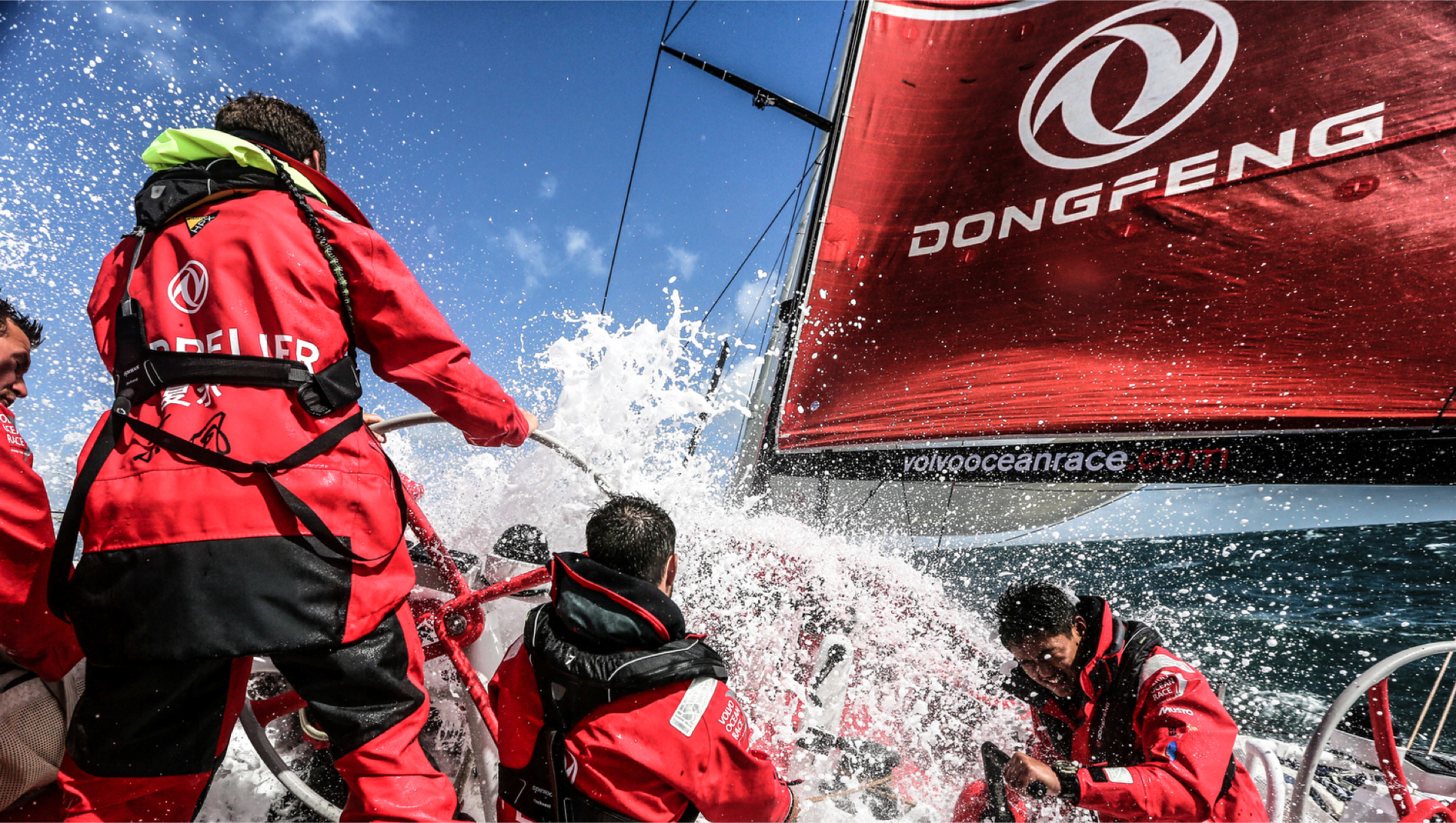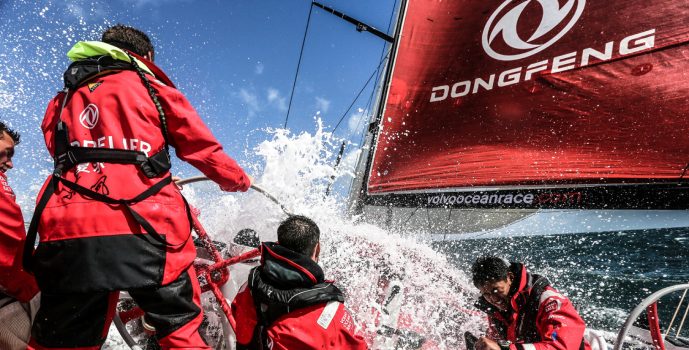 One of the main constraints to the adoption of Agile values is the wider environment within an organisation seeking to change. For instance, some of France’s largest and most successful corporations are perceived as being centralised, with an emphasis on top-down ‘dynamics’. Whether this stereotype finds that much basis in reality is debatable; but it comes in sharp contrast with what Agile stands for. And although France now hosts many entrepreneurial startups, the Napoleonic heritage remains embodied in Government and institutions such as the ENA and stifles the emergence of Agile management and genuine entrepreneurial spirit. How come?
One of the main constraints to the adoption of Agile values is the wider environment within an organisation seeking to change. For instance, some of France’s largest and most successful corporations are perceived as being centralised, with an emphasis on top-down ‘dynamics’. Whether this stereotype finds that much basis in reality is debatable; but it comes in sharp contrast with what Agile stands for. And although France now hosts many entrepreneurial startups, the Napoleonic heritage remains embodied in Government and institutions such as the ENA and stifles the emergence of Agile management and genuine entrepreneurial spirit. How come?
As ever, there are contradictions in the way a nation behaves in business and the way it behaves outside of it and France is no different. For example, the French love their solo sailors. They love them like rock stars are loved in other countries. They love them for being post-modern dandies, despite themselves; for doing stunts most of us don’t dream ourselves doing. They almost work as anti-models for the disciplined top civil servant, whose cautious 40-year exemplary career shines by its art of compromise…
For our solo sailor, the pinnacle of his or her carrier is the Vendée Globe: a 3-month, non-stop race around the world on wickedly fast, highly complex racing prototypes, in conditions at times only offering the skipper a few minutes of sleep, for days on end. These skippers are an extreme expression of French contradictions – mavericks clad in corporate sponsors’ glitter.
‘Jack of all trades, master of none’ as the saying goes. Yet, what is perceived as a shortfall by common wisdom is an asset to a one-man start-up or to the recently hyped ‘Auto-Entrepreneur’. Clearly, the solo ocean racer fits in a similar category; having to perform the equivalent of an 8 hour-workout per day in a washing machine engaging its spin-cycle, whilst processing complex routing information and having to fix things from computer equipment through to sail damage. Oh and don’t forget having to remain photogenic and personable for the now compulsory daily interviews…
Fair enough, but can the tools of the one man multi-tasker be scaled? Sailing superstar Loic Peyron gives us a part of the answer in a recent interview on the new format of the Volvo Ocean Race–a fully crewed race around the world. He gives us his reasons behind the strong performance of the Chinese-French project, Dongfeng, which finished 3rd overall despite being perceived as underdogs. His point was that it was precisely the versatility of the individuals on board—most of its crew were solo specialists—that made the project stronger. It enhanced communication and mutual empathy, reducing the number of mistakes through collective ownership of key areas without diluting the fundamentals of individual accountabilities, nor individual excellence in domains such as bow, race tactics, sail trimming, etc.
Does this sound familiar? Well, it should! By contrast how does a more traditional model stack up against this? A departmentalised approach to task distribution creates highly specialised individuals but also the risk of a dramatic and dangerous disconnect between them. I am not stating that specialisation is a bad thing in itself; an element of technical excellence is clearly vital particularly in highly innovative, performance projects. But in isolation this leads to nothing. Perhaps, the art of project managing success on innovative programmes boils down to balancing contrasting dynamics, by provoking and orchestrating creative tensions between different approaches, rather than seeking tepid compromises throughout the board?


